What happens when wine is store at room temperature?
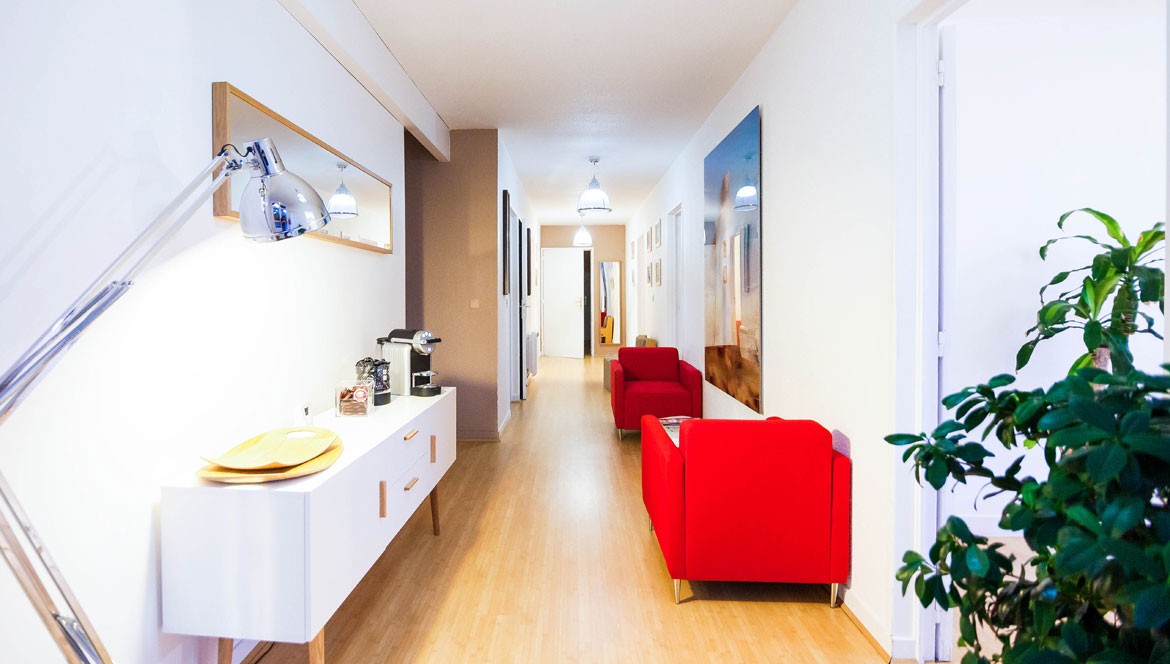
The manner in which your wine is stored impacts the way it tastes when served. You have no control over how your wine was made, but after purchasing the product it’s up to you to treat the bottles properly and in ways that will increase their flavour and value.
Storage at room temperature at 70°F or higher will cause undesirable changes in the wine as various reactions are accelerated in the bottle, but at different rates. The result is a lack of balance in the aging process. Even fluctuations of more than 5° to 10°F are undesirable.
When wine is stored at room temperature, or placed in attics where the temperature fluctuates, the sensitive and perishable liquid can suffer heat damage. Wine is cooking at 80°F.
When uncorked, a cooked wine may smell like a fruit stew or slightly burned. Tasting cooked wine is an unpleasant experience as the finish is absolutely ruined.
When wine is too refrigerated, by contrast, it can also suffer. When stored in too-cold frigid temperatures the liquid is subject to “slow aging” which means it doesn’t mature or gain anything during the aging process. Wine stored below 50°F hardly ages at all – it’s still a ripe juice when uncorked, years later. Is there sedimentation in the bottle? Cellar managers that encounter particles in wine stored at lower temperatures could be seeing tartaric acid crystals in the liquid.
The optimum storage temperature for any wine is 55°F but you can safely store wine long-term in a range between about 45°F to 65°F if there is not a large change in temperature each day.
Light provides heat, which you want to avoid in your wine storage space. If you put lights in your cellar or storage space, make sure that they are not so intense that they change the consistently cool temperatures.
Do not expose your wine to excessive light. Sunlight or other forms of bright light age the wine too soon, leaving you with poor quality tastings. Ideally, wine should be stored in a dark, cool environment.
The dark glass bottles can protect the wine from the way UV rays negatively affect wine. Be extra careful when the wine is in clear or light glass bottles. The lighter glass allows for more intensive exposure to the UV light, leaving it more vulnerable to the heat.
Overall, the darker the bottle and the room, the better.
In Same Category
- Beyond the Bottle: The Art of Aging Wine at Home (And When Not To!)
- Sip, Savor, and Celebrate with the Bellini: Your Perfect Summer Indulgence,
- Pop, Fizz, Clink: The Rise of Canned Wines at La Vinotheque
- A Taste of the Western Cape at La Vinotheque
- Embracing the warmth, friendliness of French Rosé Wines

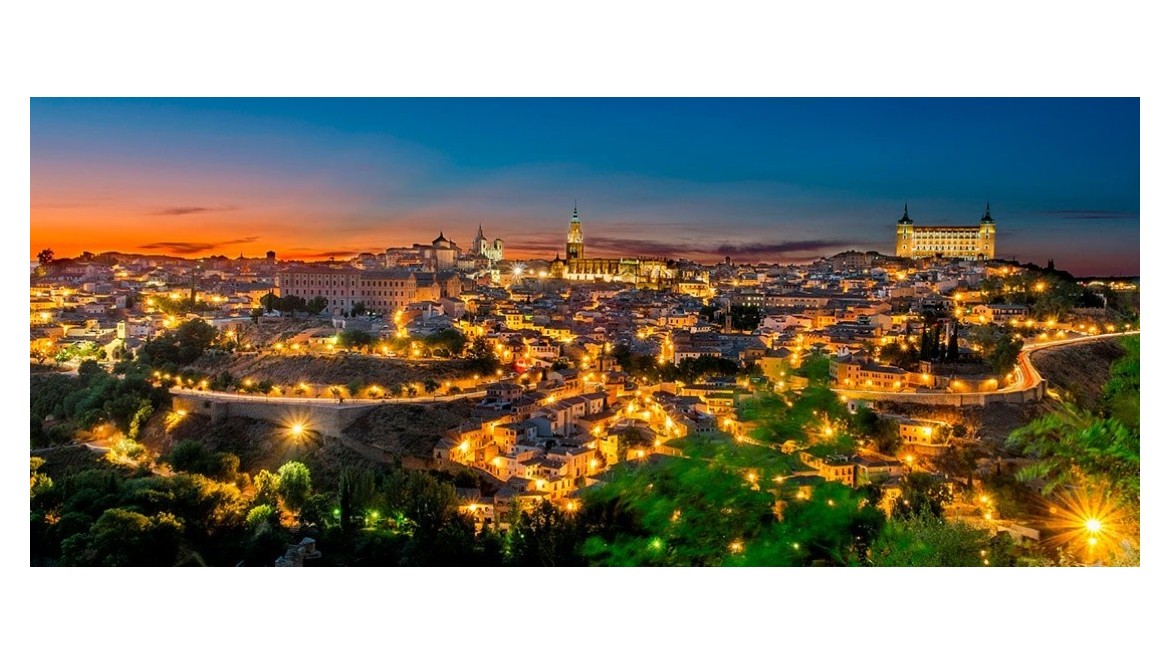
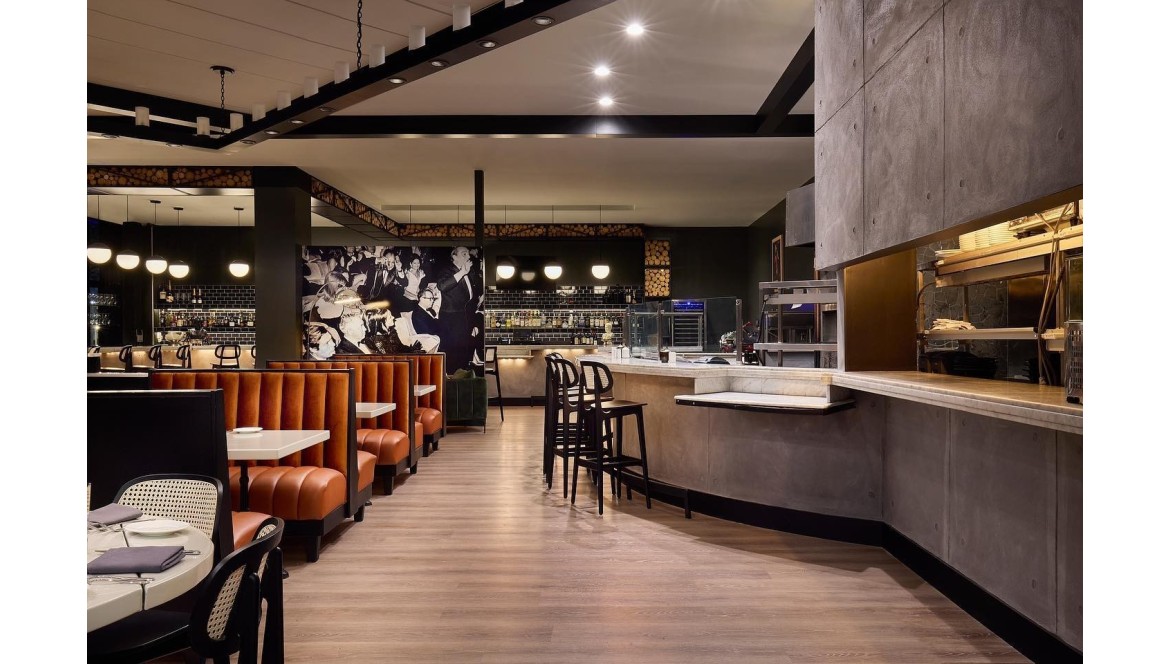
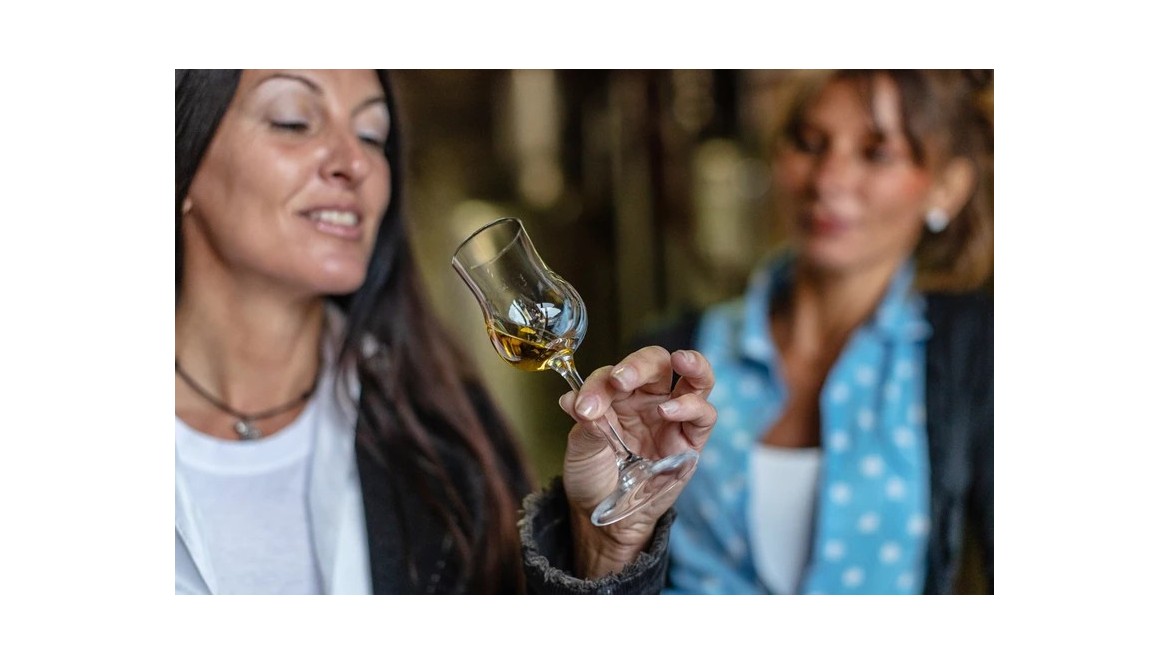
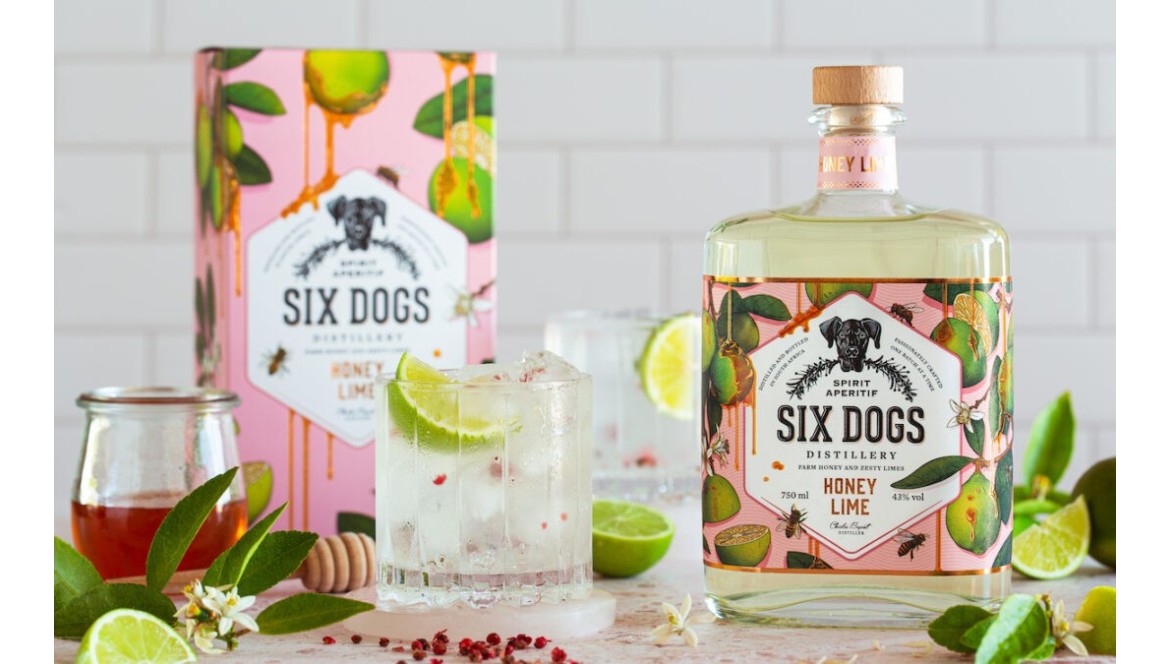
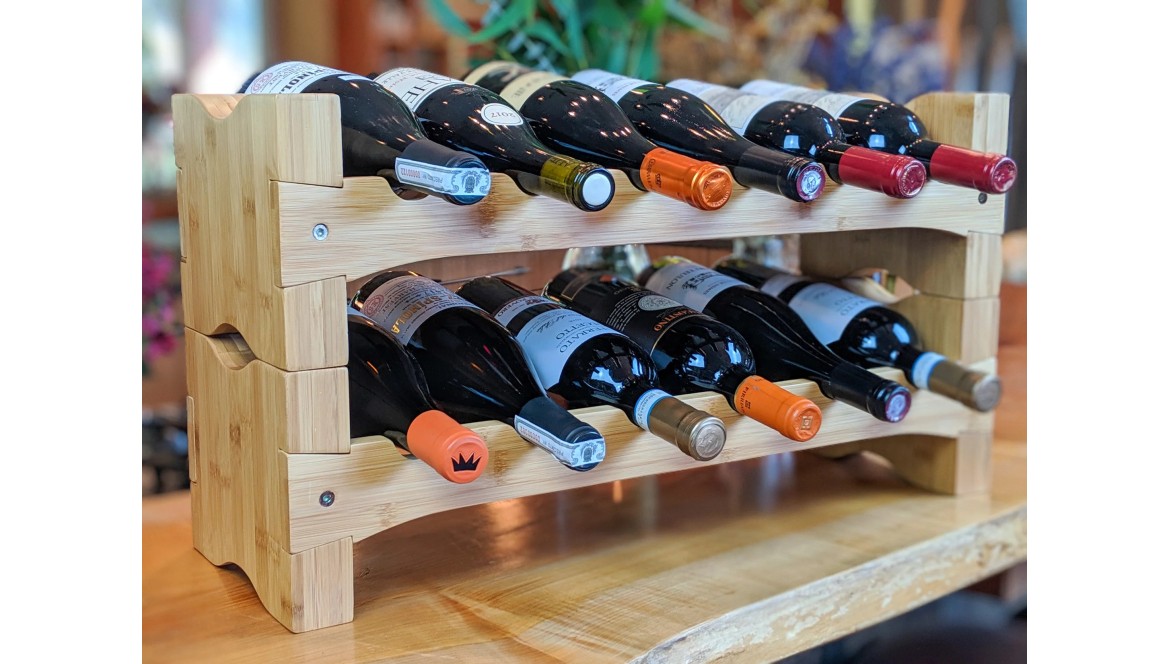


Comments
No comment at this time!
Leave your comment